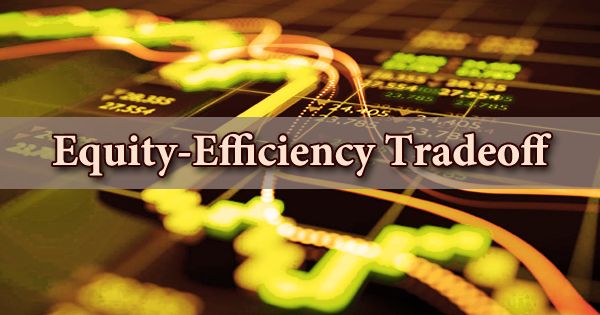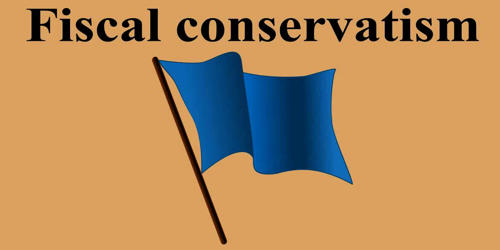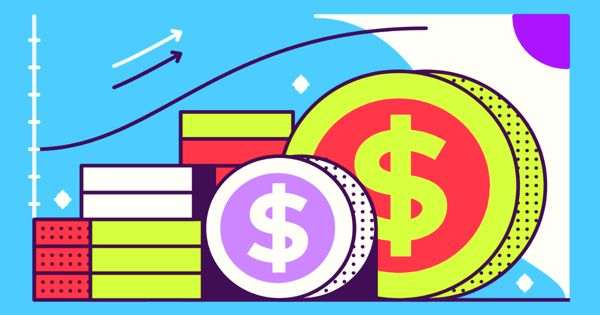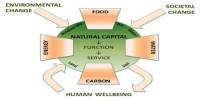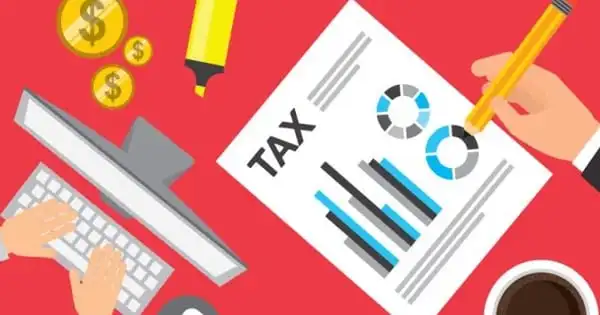When optimizing the market’s efficient productivity results in less egalitarian wealth distribution, an equity-efficiency tradeoff occurs. If such a trade-off occurs, economists or public policymakers can choose to forego some economic efficiency in order to achieve a more just or equal society. In government assistance financial matters, there is supposed to be a tradeoff between market proficiency and market value. Most economic theory utilizes a utilitarian methodology as its moral structure, yet this may struggle with other virtues that individuals hold, prompting an equity-efficiency tradeoff.
A typical example of an equity-efficiency tradeoff is income redistribution and inequality. An effective market, also known as Pareto efficiency, is the result of a series of exchanges between decision-making units in a market where it would be difficult to adjust the way the exchanges took place to benefit one party without harming the other. An equity-efficiency tradeoff results while amplifying the productivity of an economy prompts a decrease in its value as in how evenhandedly its riches or pay is disseminated.
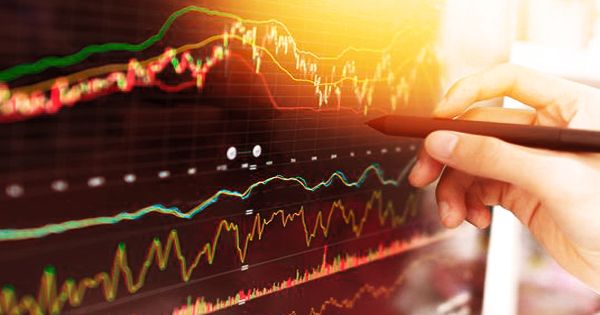
To put it another way, an efficient market optimizes output and resource distribution based on available factors of production. Many economic theories have as a primary normative target the production of goods and services that offer the greatest value at the lowest cost. This can apply to an individual purchaser or a business firm, yet generally it alludes to the effectiveness of an economy overall at fulfilling the needs and needs of individuals in the economy. In an equitable economy, products and services are distributed fairly throughout society, and businesses earn equal profits.
When a market is unfair, it can lead to unequal access to wealth and jobs, as well as a basic and reasonable minimum of income, products, and services. Economists characterize and endeavor to gauge monetary productivity in a few unique manners, yet the standard methodologies all include an essentially utilitarian methodology. A market failure is a term used to describe an inefficient market. Such examples of market failure are:
- Market failure as a result of buyer or seller concentration
- Market failure as a result of a poor seller or buyer decisions because of insufficient information
- Free riders who profit from stock exchanges but do not bear the full costs of market exchanges cause market failure.
- Market failure through an externality
In this context, an economy is efficient when it maximizes the total utility of its members. Inequitable markets can result in a resource allocation that is not evenly distributed across the population. The idea of utility as an amount that can be augmented and summarized across all individuals in a general public is a method of making standardizing objectives resolvable, or possibly agreeable, with the positive, numerical models that financial specialists have created. According to academic studies, greater inequity can actually be harmful to economic development. If a market is unjust, market participants are unlikely to be compensated:
- Equal access to income
- Equal access to education
- Equal access to goods and services
- Equal access to housing
Welfare economics is the part of financial aspects generally worried about ascertaining and amplifying social utility. Expanding disparity can show in three diverse monetary instruments the demand side, the supply side, and the political economy. If members of society or politicians who determine how a society works choose other moral or ethical frameworks than pure utilitarianism, a dispute (and trade-off) between efficiency and equity may arise.
On the demand side, inequality is generally found when the wealthy invest a greater portion of their income than the poor. It causes a decrease in overall consumer spending, allowing the rich to amass even more money.
On the supply side, inequity is manifested by credit limitations in education, which result in poorer students receiving a poorer education. It is harmful to long-term economic development because it results in even more unequal outcomes. Additionally, the boundaries of passage for less fortunate individuals to begin a business lead to less business visionaries from oppressed foundations.
Another common process by which inequality expresses itself is the political economy. According to political theory, too much injustice leads to revolution. Many uprisings in the past have resulted in a reduction in income inequality.
At the point when individuals conclude that other virtues or rights exceed unadulterated utility expansion, social orders frequently seek after approaches that don’t prompt the greatest social utility for these different qualities. Many accept that the economy should be evenhanded. Economists who are worried about the uneven distribution of economic capital are likely to argue for government policies that restrict firms’ production performance. However, almost all will accept that this is against fundamental morals and results in an inequitable outcome for the eye-poking survivor.
Macroeconomic reform is usually used to counter inequity. A macroeconomic policy is made up of a mix of monetary and fiscal policies. Instead of just wages, an equity-efficiency tradeoff can include the output, distribution, and usage of a wide range of products and services.
Information Sources:
